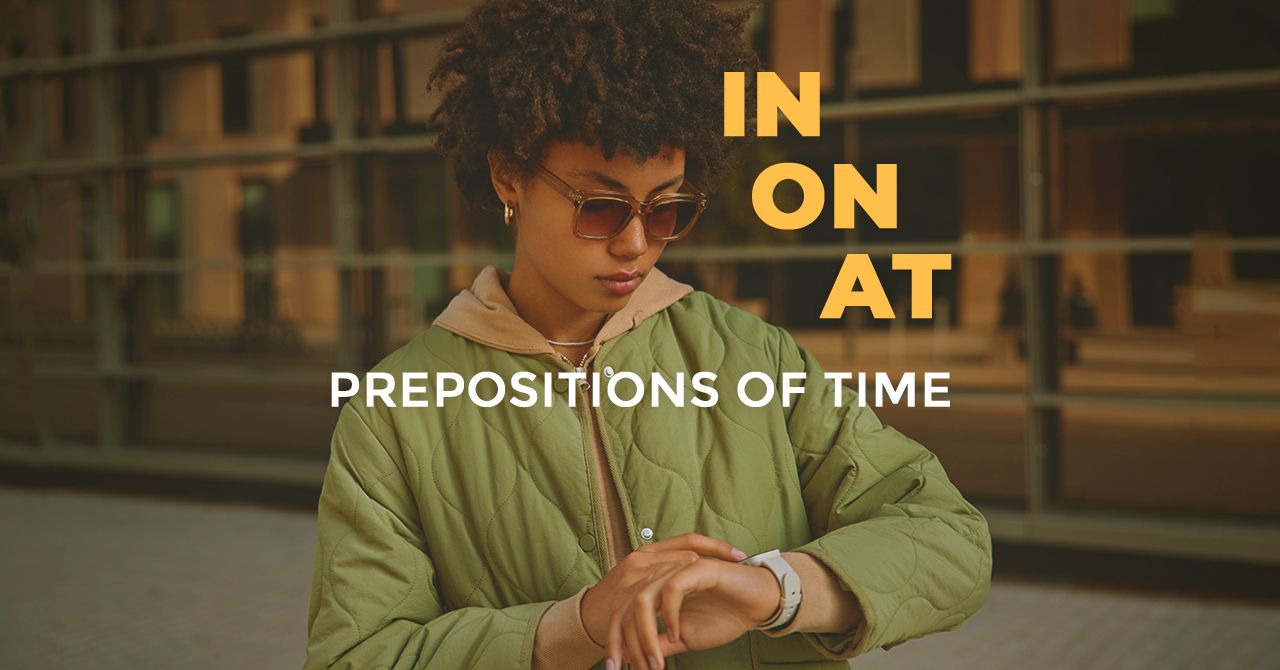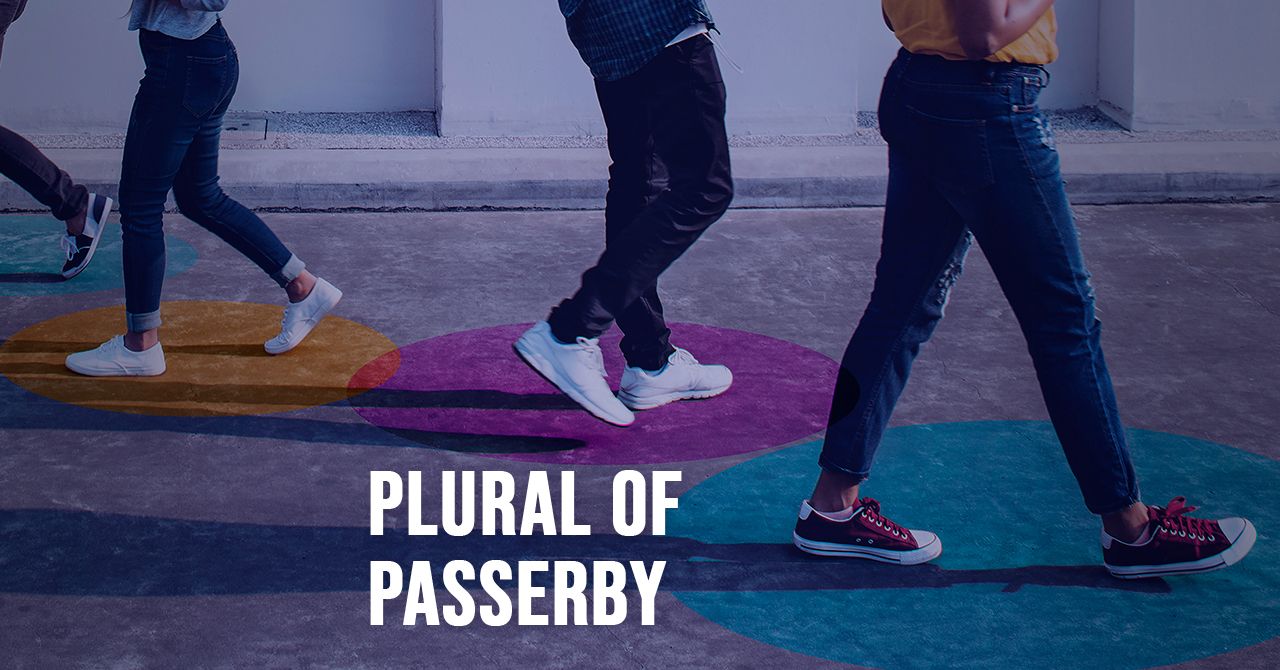Which is correct
Find correct options for writing and using some words and expressions

“Ahold” or “A hold”: Choosing the Proper Term
Choosing the right term can be confusing so you may easily end up using the wrong one. Although the difference between them is a single space, it can change the entire meaning of what you’re saying.

Meaning, synonyms, and antonyms of “overlook” and “look over”
“Overlook” means ignoring, failing to notice, or observing from a high place. “Look over” means inspecting something in a cursory way to establish its merits or get a general idea of what it is like.

Is “Hanged” or “Hung” the Past Tense of the Verb to Hang?
English irregular verbs are challenging at the best times, with seemingly no logic and very few rules to follow. One prime example of this is the verb “to hang.”

Enquire vs. Inquire: How to Use Them?
The word inquire means “to probe” or “to conduct a formal enquiry.” The word enquire, on the other hand, is used in the meaning of “ask” or “query.” The fundamental distinction between the two words is this.

When to use “Leery” or “Wary,” and what’s the difference between them?
Leery is an adjective used to show that someone or something is cautious or wary of another person or thing.

Never incorrectly use In, On, or At again when talking about time
It’s the classic mistake all students have made at one time or another, “I went home at Saturday” or “we are celebrating in Christmas”. Let’s look at a few easy tricks to never make this mistake again.

Is “Passerbys” a Correct Label For People Passing By And Why It’s Not?
A passerby is usually someone who goes somewhere and minds their own business but at some point passes by a place or person.

Capital vs. Capitol: Learn the difference
While “capital” is the most often used word with numerous connotations, “capitol” has only one meaning and is thus simple to remember.